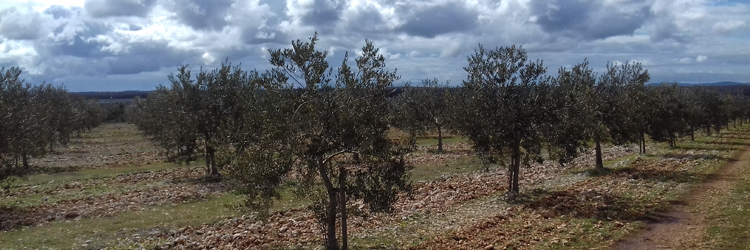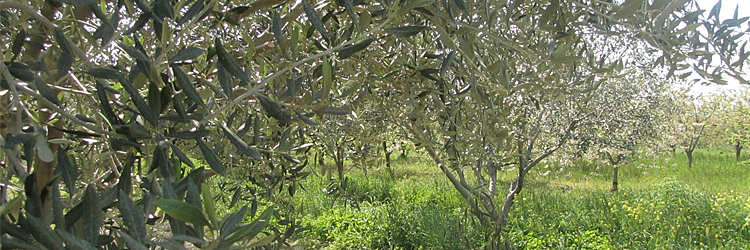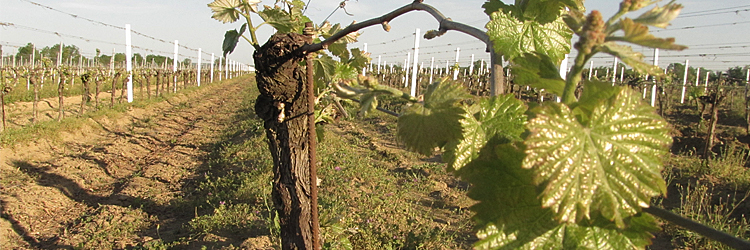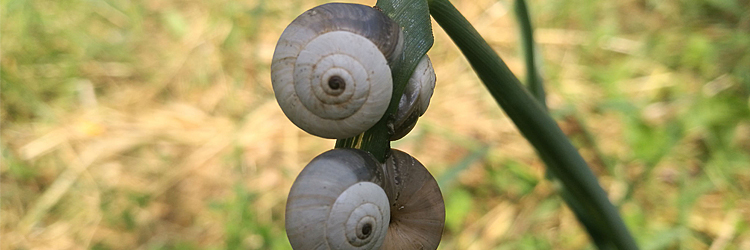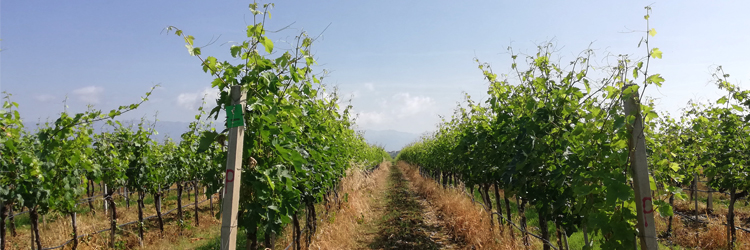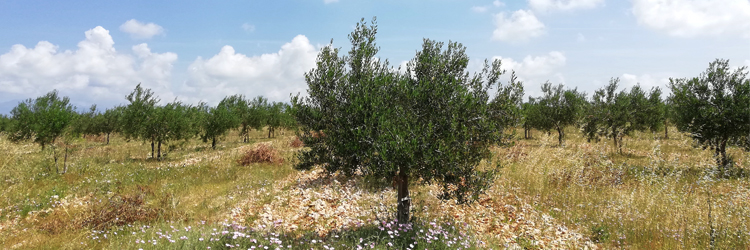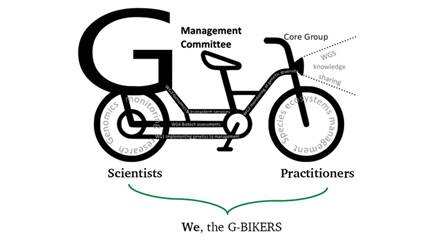The first PhD Café of the fall season, held on 15th of September in Booksa coffee shop, gave an opportunity to PhD students who are short of finishing their thesis to show the results of their work. Mediteratri team member Lara Ivanković Tatalović presented her three yearlong activity and most interesting results in oral presentation entitled “Mediteratri projekt: priča o kukcima, pesticidima i biološkoj raznolikosti u maslinicima i vinogradima”.
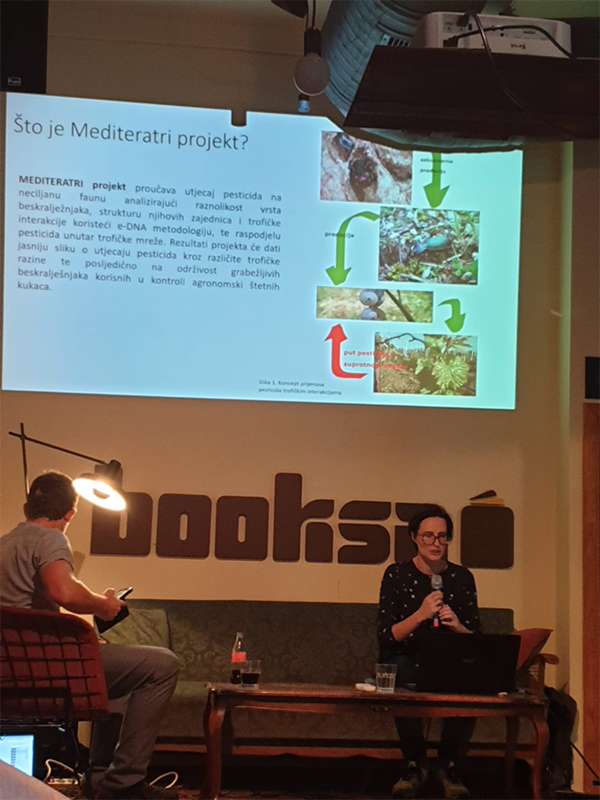
![]()
The paper entitled “DNA Barcoding of Invertebrates Inhabiting Olive Orchards and Vineyards Accelerates Understudied Mediterranean Biodiversity Assessment” has been published in the Diversity (IF 2.465).
The results on the diversity and genetic diversity of invertebrates from Mediterranean olive groves and vineyards in Zadar County obtained by DNA barcoding are presented within the paper. The results confirm the insufficient representation of sequences in DNA databases for the species present in the Mediterranean region, which complicates their determination trough DNA barcoding, but also the implementation of such data in the environmental research. However, DNA barcoding along with morphological determination provides insight into the diversity of groups, such as earthworms and springtails, on the studied sites. The importance of this study is shown in data collected for rare, potentially new species, but also foreign and invasive ones, which further strengthens the necessity of the research in the Mediterranean area and in the associated agricultural areas. The research was conducted as part of the scientific project Neonicotinoids and copper in Mediterranean agriculture - effects on non-target invertebrate fauna through trophic interactions funded by the Croatian Science Foundation, led by PhD Lucija Šerić Jelaska.
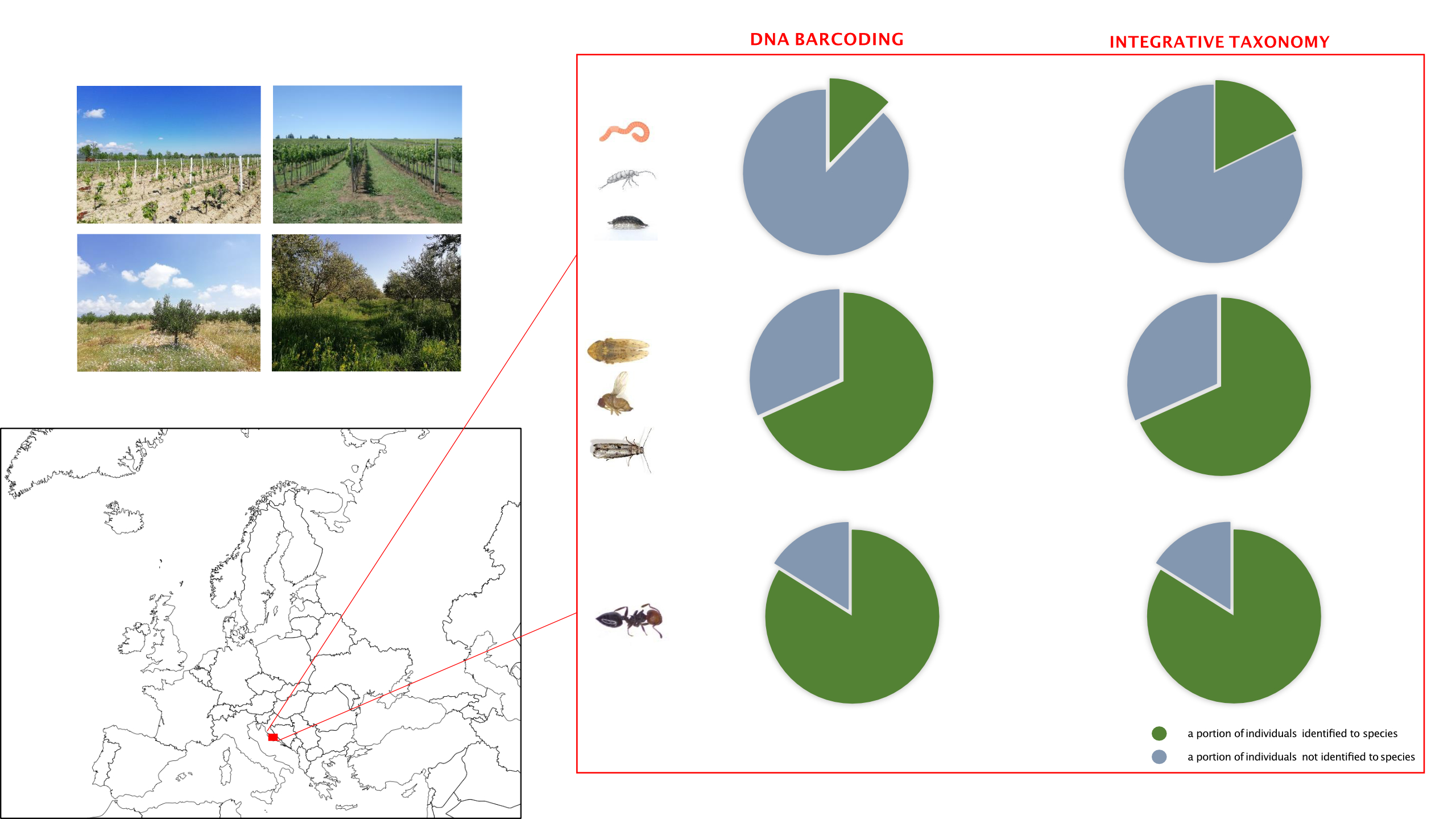
![]() The paper written by scientists from the MEDITERATRI project (HRZZ UIP) has been accepted for publication by the prestigious journal Biocontrol (Q1).
The paper written by scientists from the MEDITERATRI project (HRZZ UIP) has been accepted for publication by the prestigious journal Biocontrol (Q1).
The manuscript entitled „Ground beetle assemblages and distribution of functional traits in olive orchards and vineyards depend on the agricultural management practice“ has been accepted for publication in respectful BioControl Journal (Q1). The paper presents the research results of the impact that Mediterranean agriculture has on the functional diversity and ecological and morphological traits of carabid beetles, insects that feed upon pest species and thus contribute to biocontrol. Data used in the analyses were collected in vineyards and olive orchards in Zadar County, in Croatia, and in Italy and Greece, in cultures with similar management types. Presented results showed that natural sites without agronomical production support significantly more predatory carabid species in comparison with agricultural sites. This is important finding that can be applied in sustaining predatory species within communities in agroecosystems, aiming to boost their efficiency in the biocontrol of pest species.
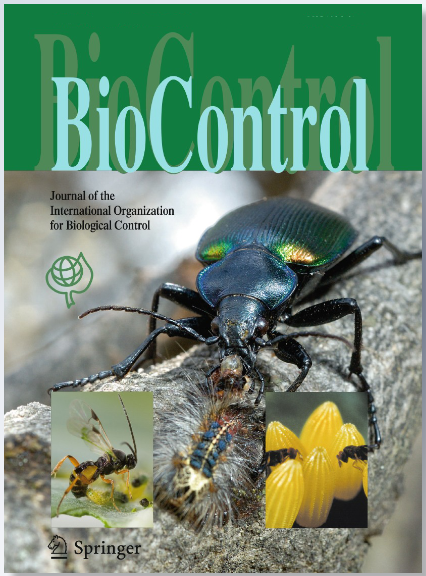
![]() The 4th Croatian Symposium on Invasive Species, held at the Dubrovnik Hotel in Zagreb on November 29 and 30, was organized by the Croatian Ecological Society. Symposium brought together a large number of domestic and foreign botanists, zoologists, ecologists, biotechnologists, and other experts despite the Corona times. The HRZZ logo could be seen in several oral and poster presentations as many HRZZ projects participated in this event. We also presented the results of our research, with a poster presentation titled Drosophila suzukii RECORDED IN MEDITERRANEAN OLIVE ORCHARDS IN, within the project UIP-2017-05-1048 "Neonicotinoids and copper in Mediterranean agriculture – their effects on non-target invertebrates through trophic interactions" (leader: Lucija Šerić Jelaska, Ph.D.).
The 4th Croatian Symposium on Invasive Species, held at the Dubrovnik Hotel in Zagreb on November 29 and 30, was organized by the Croatian Ecological Society. Symposium brought together a large number of domestic and foreign botanists, zoologists, ecologists, biotechnologists, and other experts despite the Corona times. The HRZZ logo could be seen in several oral and poster presentations as many HRZZ projects participated in this event. We also presented the results of our research, with a poster presentation titled Drosophila suzukii RECORDED IN MEDITERRANEAN OLIVE ORCHARDS IN, within the project UIP-2017-05-1048 "Neonicotinoids and copper in Mediterranean agriculture – their effects on non-target invertebrates through trophic interactions" (leader: Lucija Šerić Jelaska, Ph.D.).
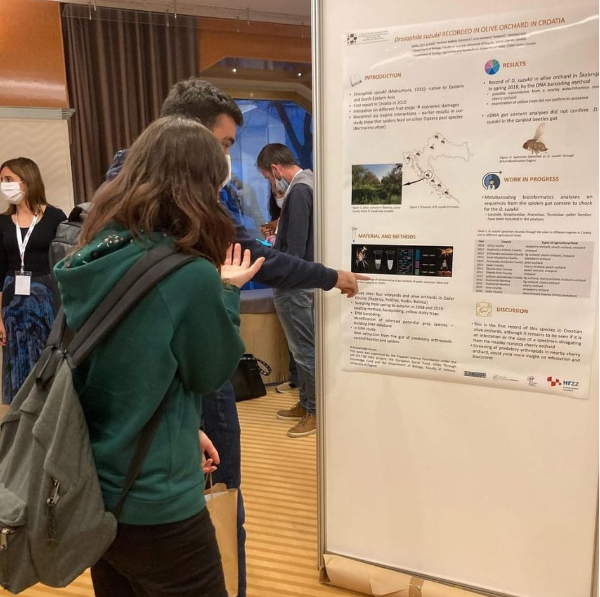
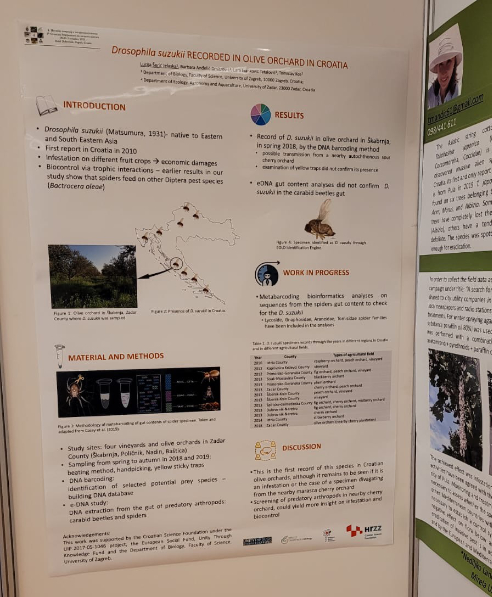
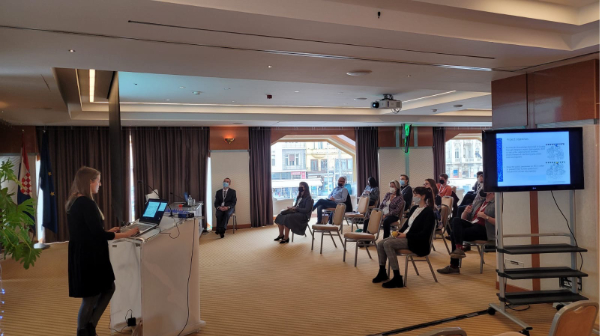
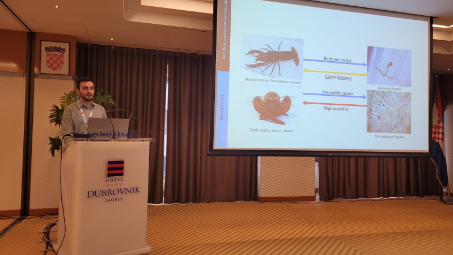
![]()
srce workshop
The project team of the MEDITERATRI project participated in the online workshop named “Using the computer cluster Isabella” held from 23rd to 25th June 2021 by the University Computing Center of the University of Zagreb (SRCE). During the workshop, cluster performance was explained and examples with specific programs such as FastQC, QIIME2, MrBayes and BEAST were presented.

![]()
Seminar “Morphological characteristics of the species of the genus Oulema Des Gozis, 1886”
On the 19th February, the Mediteratri project team members, Lucija Šerić Jelaska and Lara Ivanković Tatlović, held the seminar organized by the Croatian Ecological Society and the Biological department of the Faculty of Science entitled “Morphological characteristics of the species of the genus Oulema Des Gozis, 1886 ”. Besides our students, employees of the Agrobiotest ltd company participated in this seminar aimed in educating them on the Oulema (Insecta: Chrysomelidae) species identification, a significant crop pests, and on a technique of the extraction of male genitals (aedeagus), important for precise species identification. The workshop consisted of two lectures on the morphological characteristics of the genus and the dissection to get aedeagus, and of the practical exercise in which the workshop attendees practiced identifying the sex of the insect and extracting the male genitals. It was done under the tutorship of dr. Lucija Šerić Jelaska and PhD student Lara Ivanković Tatalović.
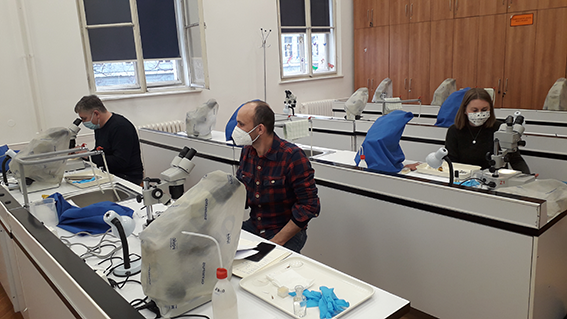
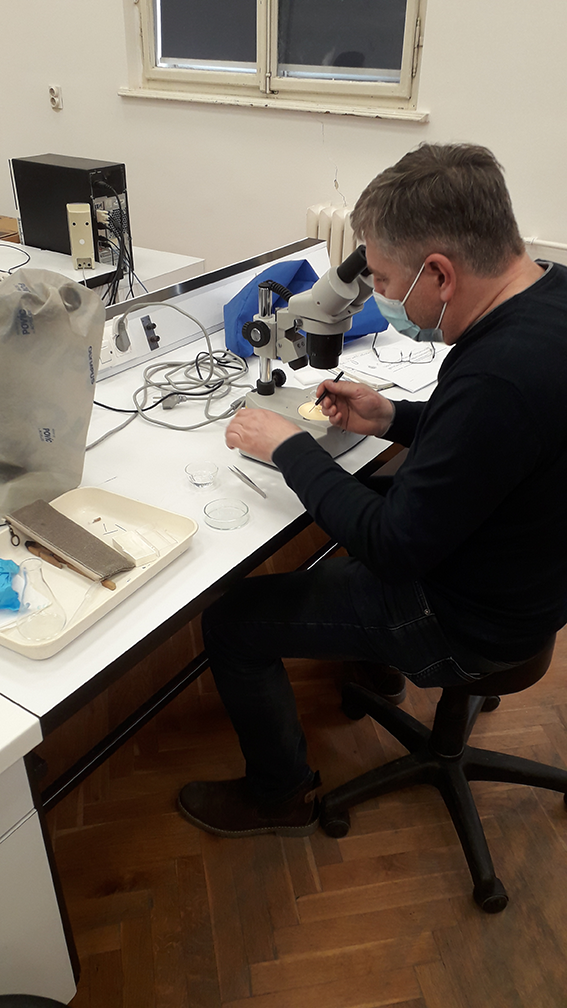
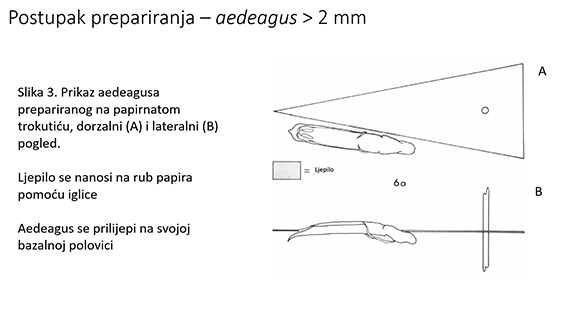
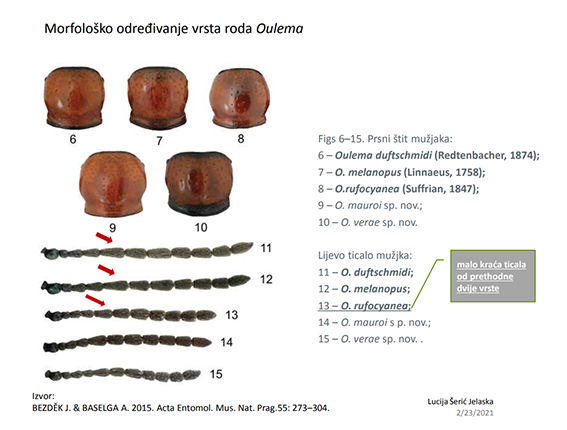
![]()
G-BiKE science communication webinar
 As a members of G-BiKE COST Action, we are counting down the days until science communication webinar organised by G-BiKE COST action team! The webinar will be given by Kimberly M Parke, communications expert from Stockholm University on October 15th 2020, 10:30 – 12:00 AM CET.
As a members of G-BiKE COST Action, we are counting down the days until science communication webinar organised by G-BiKE COST action team! The webinar will be given by Kimberly M Parke, communications expert from Stockholm University on October 15th 2020, 10:30 – 12:00 AM CET.
For more details check http://www.lifegenmon.si/cost-action-genomic-biodiversity-knowledge-for-resilient-ecosystems-g-bike/
MEDITERATRI project team members
![]()
“Molecular Phylogeny and Evolution” course
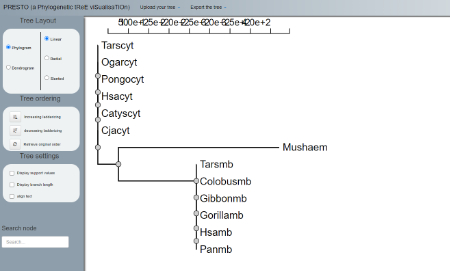
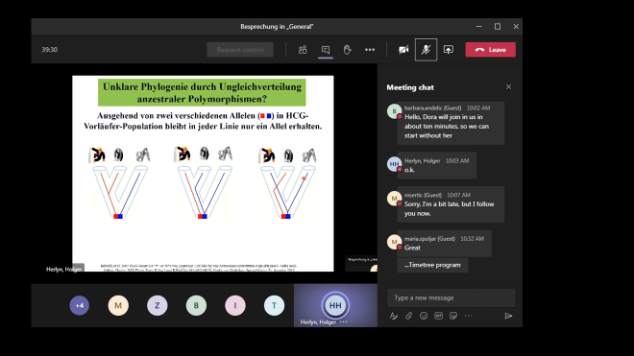
From the 22nd to the 24th of September, members of the Mediteratri project team attended an online course entitled “Molecular Phylogeny and Evolution”, held by professor Dr. Holger Herlyn from the Institute for Organismic and Molecular Evolution, University of Mainz. The course was held in collaboration with full professor Dr. Maria Špoljar from the Department of Biology, Faculty of Science, University of Zagreb. The course included familiarization with the theoretical and practical knowledge and introduction to tools used in the field of molecular phylogeny.
![]()
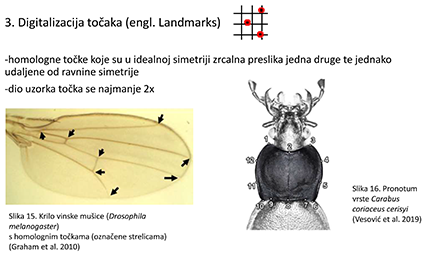 On the 29th of September, at 12 o'clock, Lara Ivanković Tatalović, a PhD student and associate at MEDITERATRI project, will be presenting her Seminar 1 talk , "Fluctuating asymmetry as the method of assessment of the anthropogenic impact on the invertebrate community", in which she discusses this method and its application in zoology.
On the 29th of September, at 12 o'clock, Lara Ivanković Tatalović, a PhD student and associate at MEDITERATRI project, will be presenting her Seminar 1 talk , "Fluctuating asymmetry as the method of assessment of the anthropogenic impact on the invertebrate community", in which she discusses this method and its application in zoology.
![]()
Dr Lucija Šerić Jelaska: “Carabids Rock! - their role in the ecosystem”, , School of Biosciencs, Organisms and environment Division. Talk will be given to the staff and students as a part of University seminars thanks to the scientific collaboration between Cardiff University and University of Zagreb through UKF and MEDITERATI projects.
Location E/0.09
Date: 03/10/2019
Starts at 13:10, - All welcome
https://www.cardiff.ac.uk/biosciences/events/seminar-series

![]()
MEDITERATRI project was presented at the 12th meeting of the IOBC-WPRS Working Group "Pesticides and Beneficial Organisms" in Zadar, Croatia, 30 September – 04 October 2018. Our PhD student Barbara Anđelić won a Student Award for her oral presentation by the IOBC scientific committee.

![]()
Dr Agnieszka Kosewska, University of Warmia and Mazury in Olsztyn and Dr Renata Kędzior, University of Agriculture in Krakow, spent their Internship at Biological Department at the Faculty of Science, working with MEDITERATRI team on trophic interactions in agriculture.
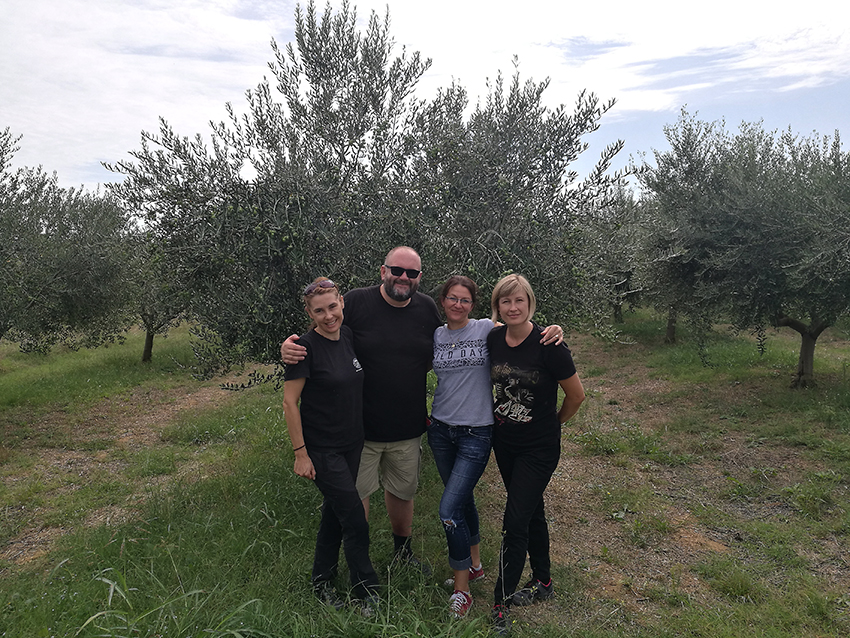
![]()
Mediteratri project members joined the G-BiKE: New European Network on Genomic Biodiversity for Resilient Ecosystems with 120 scientists from 41 countries.
https://www.cost.eu/actions/CA18134/#tabs|Name:overview
https://sites.google.com/fmach.it/g-bike-genetics-eu/home
Mediteratri project members were involved in “Biology night” outreach activities on 5.4.2019., performing three workshops “Insects Biodiversity, Two-faced life, Insects in an ambush” (POSTER)
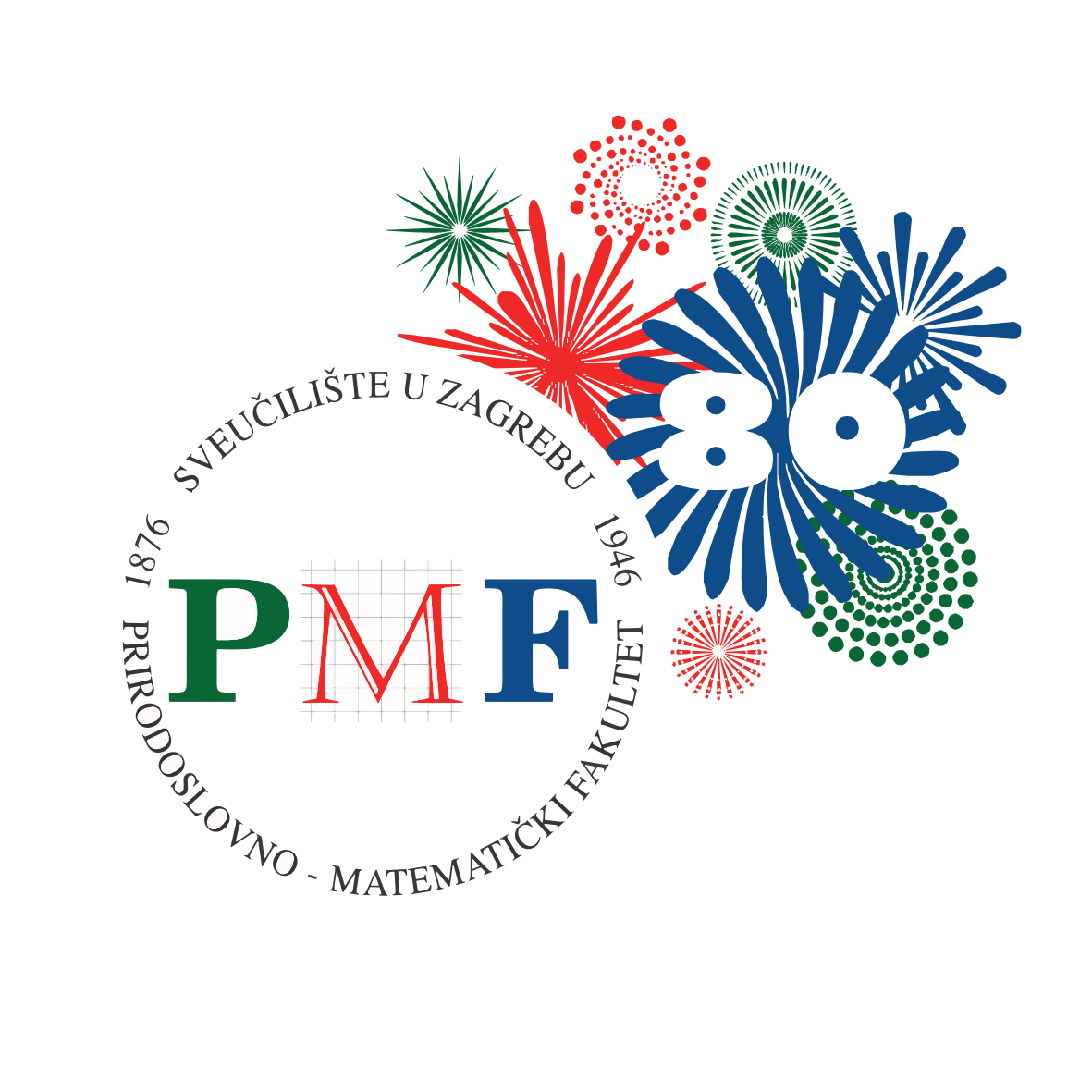
 Pristupačnost
Pristupačnost